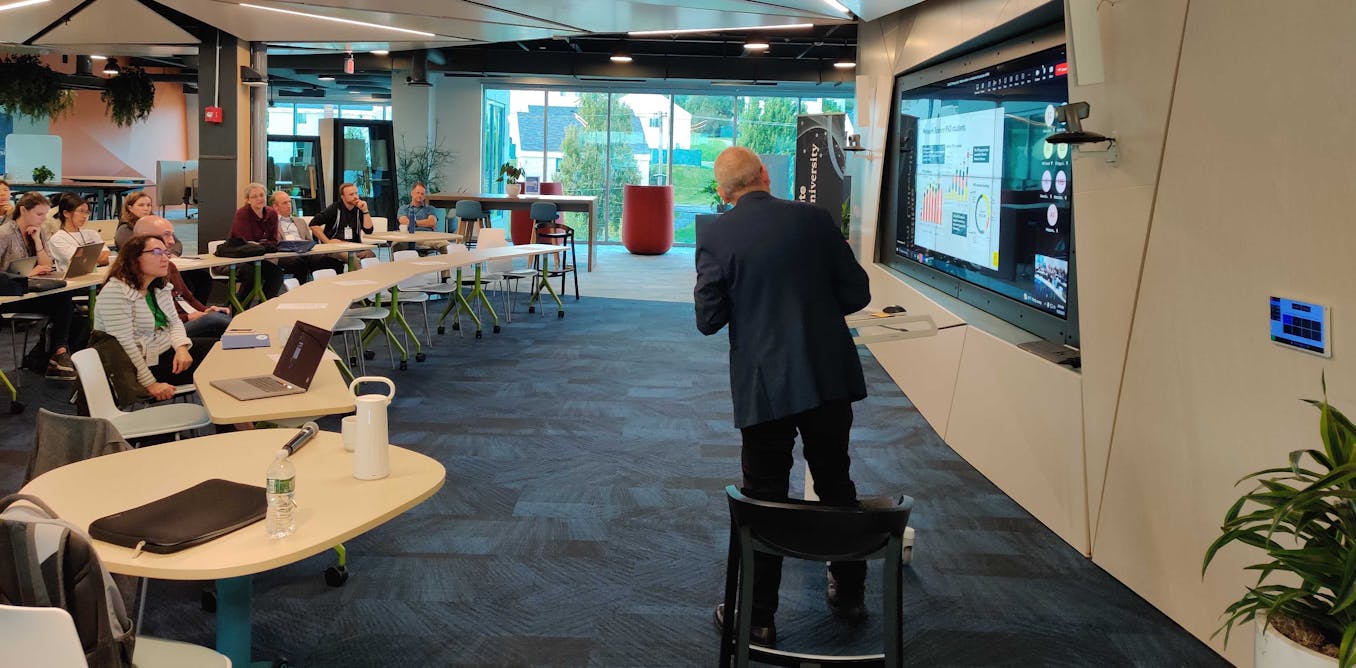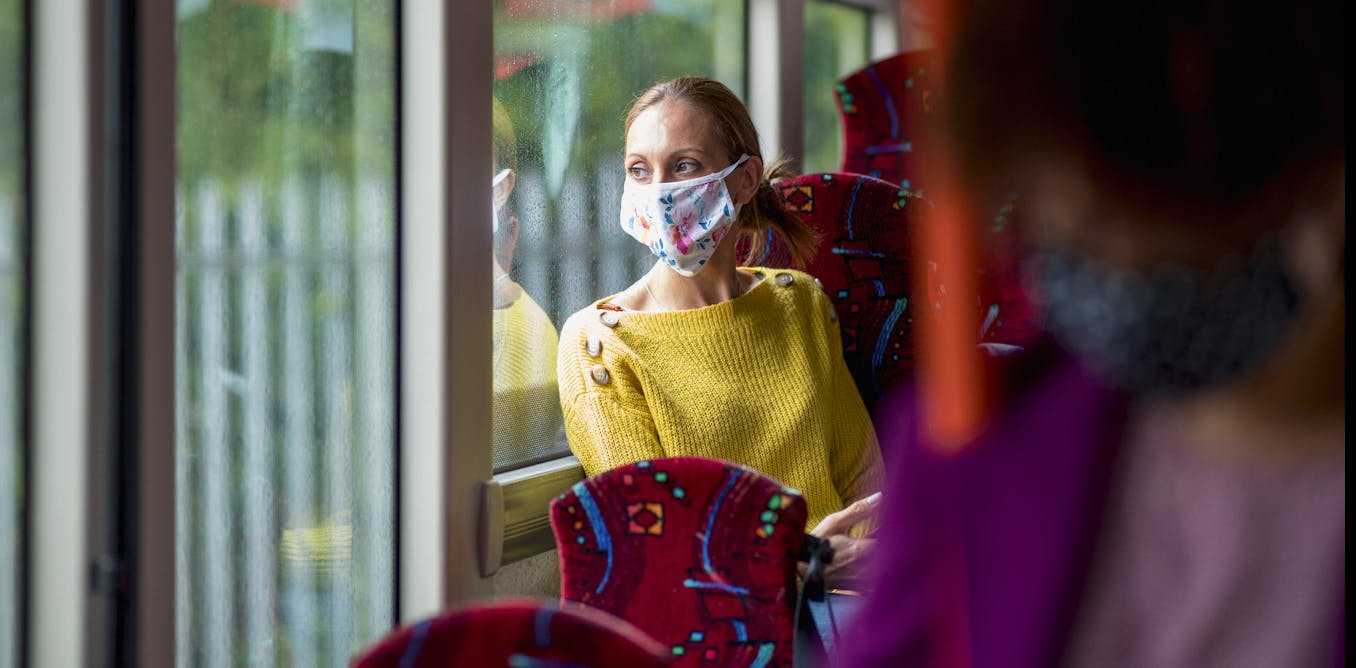Pooling multiple models during COVID-19 pandemic provided more reliable projections about an uncertain future
Policymakers rely on models during uncertain times to figure out how their choices could affect the future. Over the pandemic, an ensemble of many COVID-19 models outperformed any one alone.
Justin Lessler, Professor of Epidemiology, University of North Carolina at Chapel Hill •
conversation
Nov. 20, 2023 • ~9 min
Nov. 20, 2023 • ~9 min




